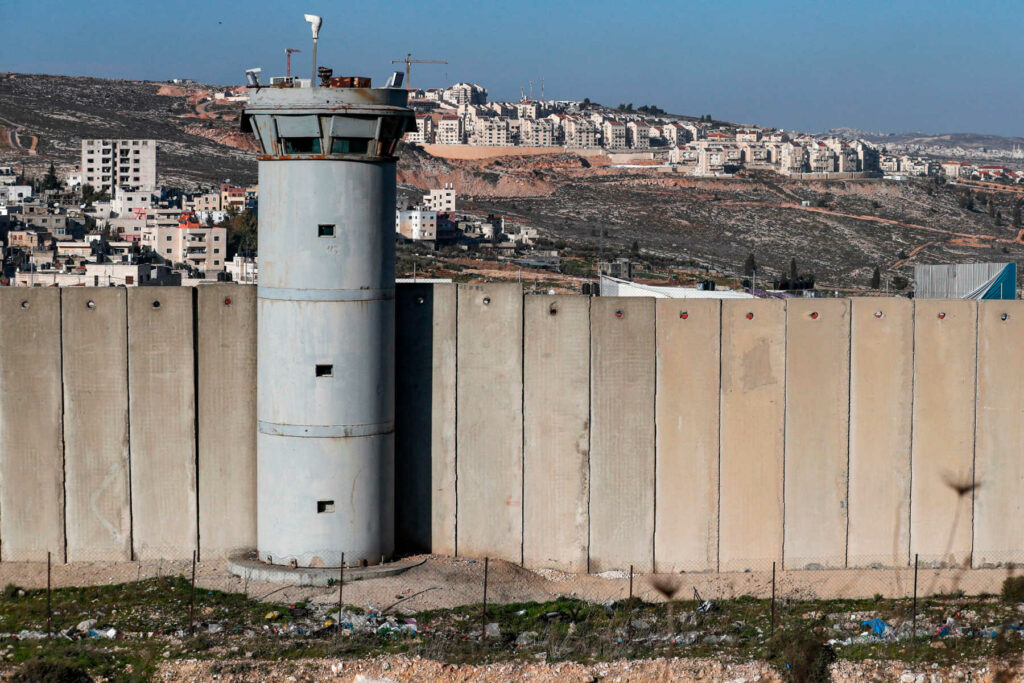In August 1949, the Geneva Conventions—the beating heart of modern international humanitarian law—were adopted by an international conference of member states. In the Fourth Geneva Convention, dealing with the protection of civilians during armed conflict, Article 49, paragraph 6 expressly proscribed the act of settler implantation: “The occupying Power shall not deport or transfer parts of its own civilian population into the territory it occupies.”
The accepted purpose of the prohibition was to preserve the demographic and social structure of the occupied territory and to forbid attempts by an occupying power to treat the territory as a fruit of conquest. As the prominent Swiss jurist Jean Pictet—one of the drafters of the Geneva Conventions—explained in a 1958 commentary for the International Committee of the Red Cross, the prohibition on civilian settlement of occupied territory:
…is intended to prevent a practice adopted during the Second World War by certain Powers, which transferred portions of their own population to occupied territory for political and racial reasons or in order, as they claimed, to colonize those territories. Such transfers worsened the economic situation of the native population and endangered their separate existence as a race.
In 1977, the parties to the Geneva Conventions gathered in Switzerland to negotiate new protocols to update its humanitarian protections. Among the provisions in the Protocol Additional 1 was Article 85(4)(a), which repeated that language in Article 49, but now elevated the prohibition against settler implantation to be a “grave breach” and a “war crime.”
In the 1990s, the United Nations Commission on Human Rights released three major studies on settler implantation and population transfers authored by Awn al-Khasawneh, a renowned Jordanian jurist who would later become a judge on the International Court of Justice. “The forced removal of people away from their traditional lands, or the implantation of settlers without the consent of the original inhabitants into whose territories they are being moved,” al-Khasawneh wrote the first of those studies, in 1993, “are instrumental to assimilationist policies and constitute obvious breaches of the minimum guarantee which the right to self-determination is accepted as conferring: the right of a people to ‘freely determine’ its destiny.” In his follow-up 1997 study, al-Khasawneh concluded that given “[t]he range of human rights violated by population transfer and the implantation of settlers,” they had to be considered “systematic or mass violations of human rights.”
Thus, by the time that the final round of negotiations began in Rome in July 1998 to create the ICC, international law had already decisively accepted that civilian settlement in occupied territory was a war crime. The project in Rome was not to debate or dispel this international legal consensus, as Israel’s delegation apparently wanted, but to establish a court to provide accountability for all war crimes.

The United Nations has long judged Israeli settlements to be a serious breach of the Fourth Geneva Convention. The U.N. General Assembly first adopted a resolution condemning the settlements as “completely null and void” in December 1971, when there were fewer than 10,000 settlers in the conquered Palestinian territory, including Israeli-occupied East Jerusalem. Since then, the General Assembly has adopted 163 resolutions specifically condemning Israeli settlements as illegal, the most frequently pronounced-upon issue in its history.
For its part, the U.N. Security Council has passed seven resolutions since 1979 designating Israeli settlements as illegal. Its most recent, Resolution 2334, was approved in December 2016, calling the settlements a “flagrant violation of international law” and demanding that Israel “immediately and completely cease all settlement activities.” The resolution also directed the U.N. secretary general to report to the Security Council every three months on its implementation. In each of his 26 quarterly reports since the beginning of 2017, Secretary General António Guterres has stated that Israel has taken no action whatsoever to comply with the resolution’s mandate.
In the face of Israel’s serial defiance of its resolutions, the U.N. has recently become more direct in its public reports on Israeli settlements. As the U.N.’s special rapporteur for human rights in the occupied Palestinian territory, I issued a report to the Human Rights Council in July 2021 that concluded that the settlements “are the engine of this forever occupation, and amount to a war crime.”
Last year, both the newly established U.N. Independent International Commission of Inquiry on the Occupied Palestinian Territory and the secretary general in his annual report on Israeli settlements stated that the settlements may constitute a war crime. The U.N. High Commissioner for Human Rights, Volker Türk, was more unequivocal in a report this past March. “The establishment and expansion of settlements in the Occupied Palestinian Territory and the occupied Syrian Golan, authorized or unauthorized under Israeli law, amount to the transfer by Israel of its own civilian population into the territories it occupies, which is prohibited under international humanitarian law, as consistently confirmed by the competent United Nations organs, including the International Court of Justice,” the report concluded. “Such transfers amount to a war crime that may engage the individual criminal responsibility of those involved.”
This post was originally published on this site be sure to check out more of their content.








